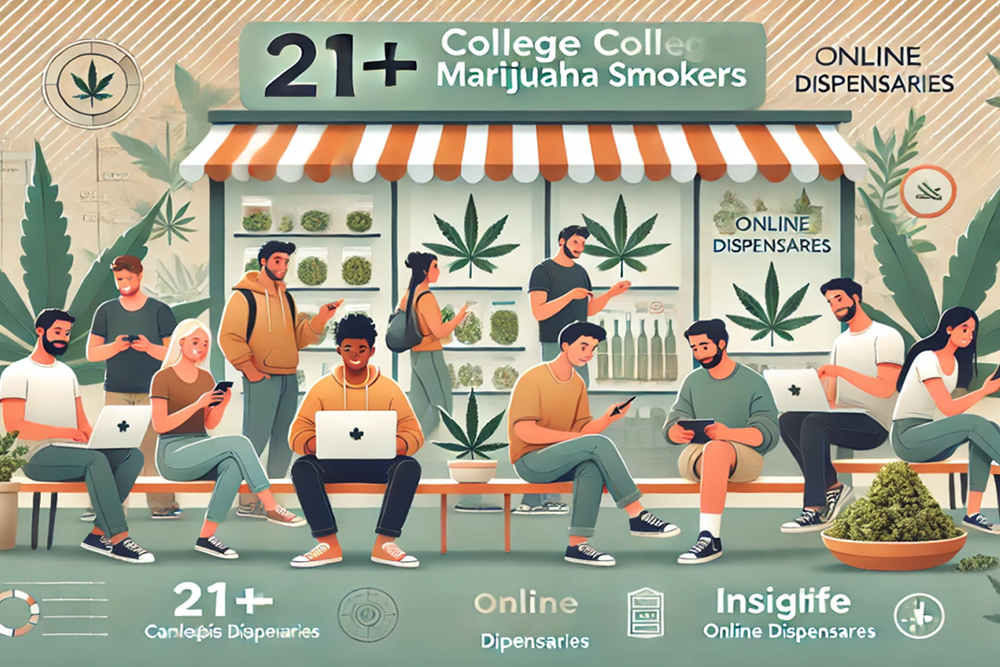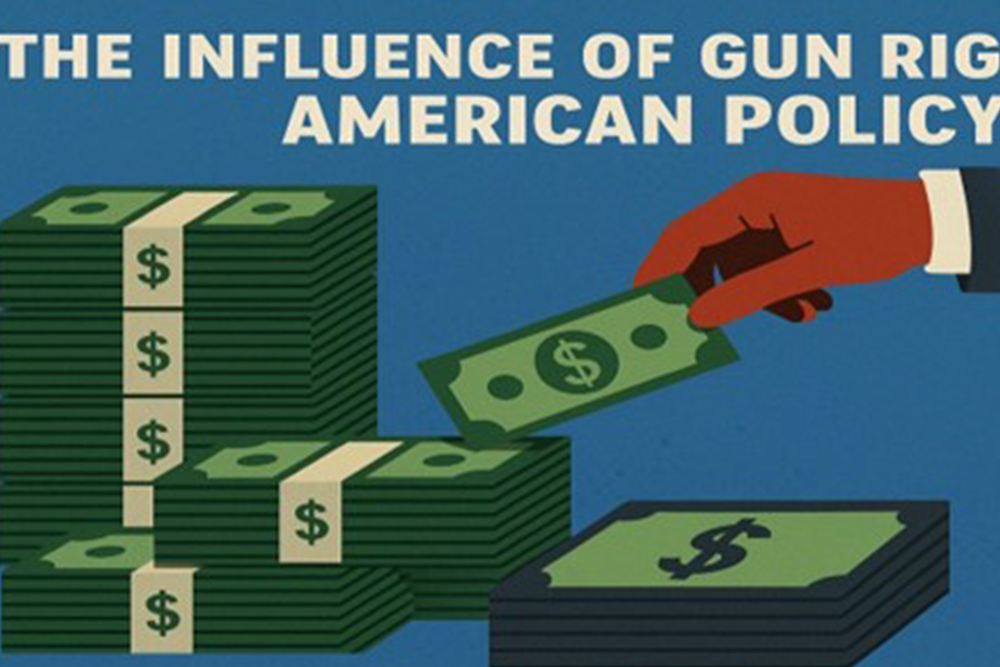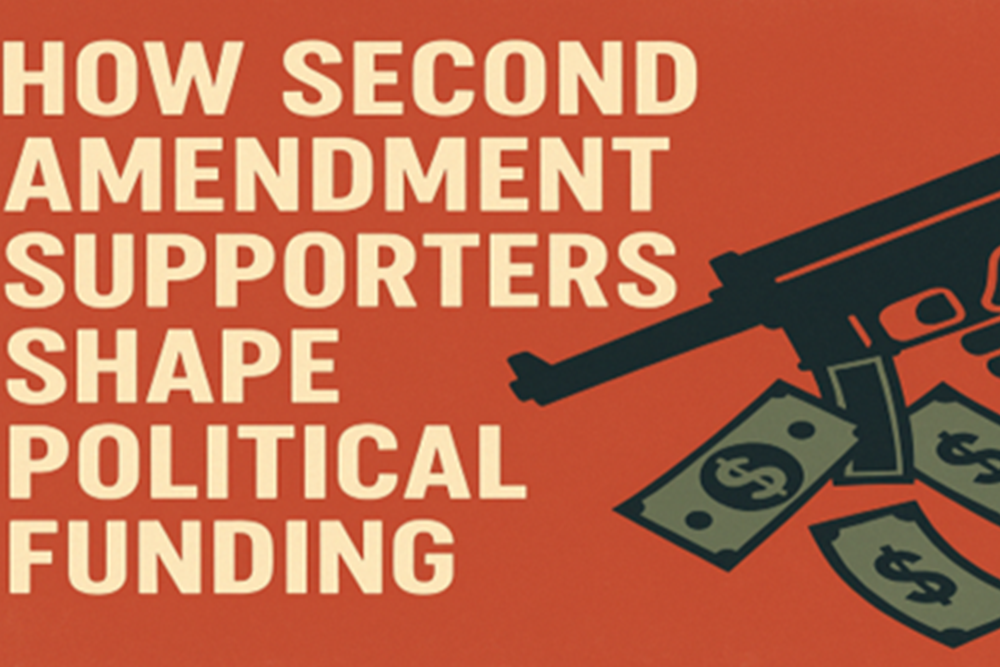Understanding the Buying Habits of 21+ College Marijuana Smokers
Understanding the buying habits of college marijuana smokers aged 21 and over reveals a unique intersection of convenience, lifestyle, and budget-conscious decision-making. These individuals often prioritize accessibility and affordability, frequently seeking out dispensaries or delivery services near campus or student housing. They tend to favor pre-rolled joints, vape cartridges, and edibles for their ease of use, discretion, and portability, which suit the fast-paced and communal nature of college life. Branding and packaging also play a significant role, with many gravitating toward products that reflect a youthful, fun, or health-conscious image. While some users are daily consumers, others use marijuana more casually—typically during social gatherings, weekends, or to relieve stress. Sales and loyalty programs often influence repeat purchases, and word-of-mouth recommendations or social media buzz significantly impact buying choices. Additionally, this demographic is open to trying new strains or consumption methods, especially if marketed with a focus on experience or wellness. As recreational marijuana use becomes more mainstream, college students over 21 are shaping trends by blending cannabis consumption with modern student lifestyles, making them an important target audience for both dispensaries and cannabis brands aiming to grow in this space.











